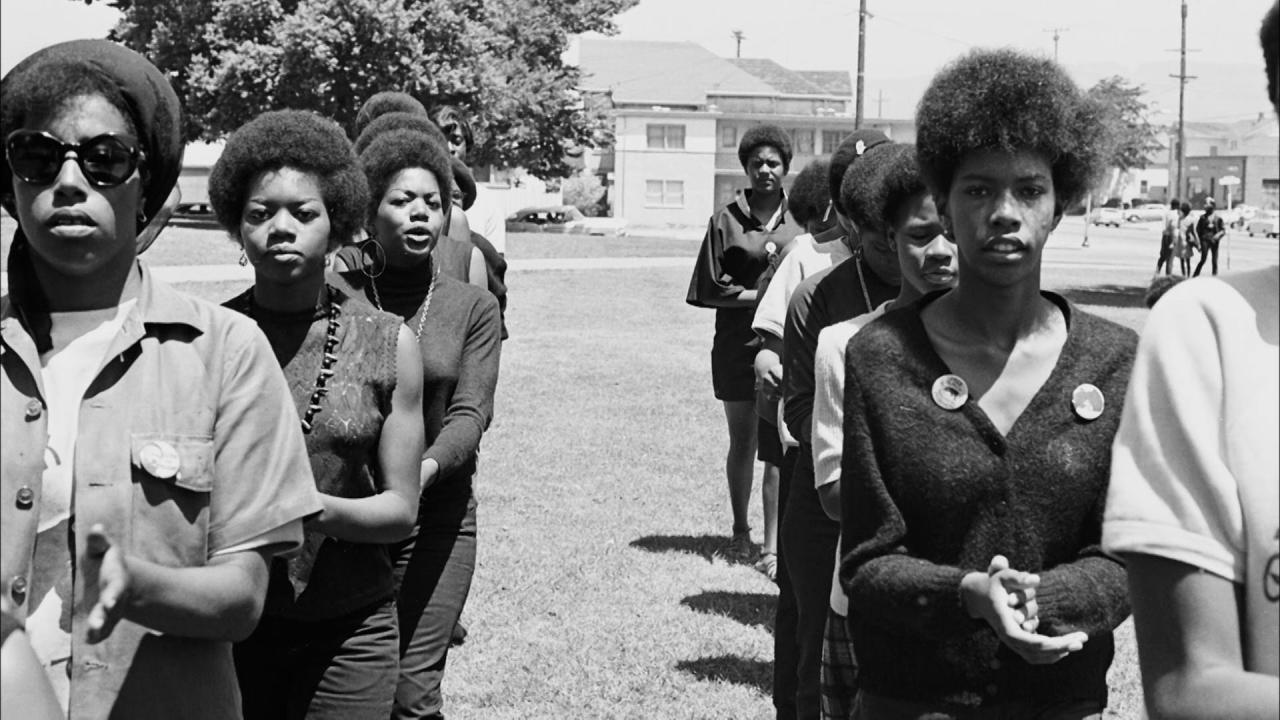
Historian Traci Parker explores our nation’s past to inspire our future
There is always more to a story, even ones we know best. Traci Parker, an associate professor of history at the College of Letters and Science at UC Davis, is working to fill out what we know about the Civil Rights and Black Power Movements, and in the process is building deeper connections to the past.
Parker studies African American history with a focus on labor, consumer capitalism, gender and sexuality. Part of her work involves asking questions about topics that people historically have been unwilling to talk about.
“What I want is for people to see themselves and appreciate their contributions to society, and also to see that we still hear them,” said Parker.
Filling out what we think we know

Parker is working on two books that take a new look at the Civil Rights Movement. One of these, the forthcoming Revolutionary Love, is a historical exploration of love, sex and marriage within the Civil Rights and Black Power movements that traces the intimate and powerful stories of three groups of influential couples during the 1950s, 1960s and 1970s.
She is also writing a book on the life of Coretta Scott King, whose contributions to the Civil Rights Movement have always been overshadowed by recognition for her husband, Martin Luther King, Jr. In fact, it was Scott King who first took action in the anti-poverty movement and who also came out against the war in Vietnam. After her husband’s death, Scott King expanded her efforts on behalf of LGBTQ+ rights and workers’ rights.
These projects spring from a much earlier time in history. Parker began studying the American 19th century for her first book, Department Stores and the Black Freedom Movement (UNC Press, 2019), which examines the racial integration of white-collar work and consumption in American department stores. The book, which starts with America in the 1890s, led her to questions about Black culture and labor, which brought her well into the 20th century.
Inspiring students to connecting the past to now
Parker said that part of what drives her as a historian are her students who quickly become enamored with the history of the Civil Rights Movement. Looking back at this part of the nation’s past quickly brings up questions about the present, about what it means to be a rigorous and engaged citizen.
She points out that Diane Nash was 23 years old in 1961 when she coordinated the Freedom Rides that student activists used to challenge segregation on interstate buses. Martin Luther King, Jr. was 26 when he led the Montgomery Bus Boycott.
“In many ways, it's the stories we tell ourselves about who we are that help us become who we want to be,” said Parker. “I think that's important to convey, to not only our students but to everyone.”
YOU MAY ALSO LIKE THESE STORIES

Fighting for a Fulfilling Life
As historian Traci Parker writes a new biography, she is learning just how much Coretta Scott King contributed to her husband’s ideas and actions, and how his story is also very much her own.

Taking History from the Front Porch to the Streets
Greg Downs, professor and chair in the Department of History, writes about his experience as a 2023-24 Public Scholarship Faculty Fellows and his new community engaged work bringing under-told Black histories to light.
